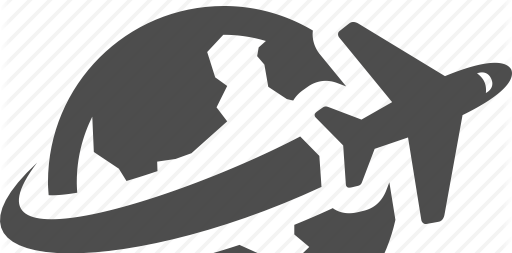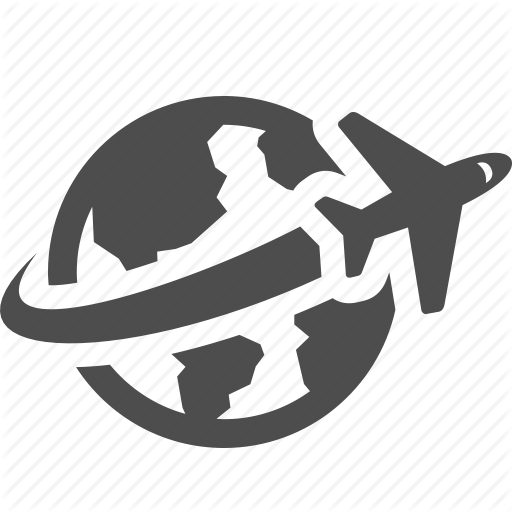The coronavirus disease 2019 (COVID-19) pandemic may be brought to a stop with widespread vaccination, but this won’t be a quick fix. However, you’ll want to keep in mind how the spread of COVID-19 could disrupt your travel plans, especially now that the delta variant and Omicron are soaring across the country.
However, it’s still possible to travel safely during a pandemic, though with a more comprehensive and cautious approach than before.
Overseas travel can still raise your chance of contracting and spreading COVID-19, even if you’re fully vaccinated.
The decision on whether you should fly depends on your degree of risk tolerance and being aware of the local rates of COVID-19 at both your starting and ending destinations.
Follow these precautions to keep yourself and others safe when traveling if you don’t have the COVID-19 vaccine or have a condition that compromises your immune system:
Tips for Travel safely during COVID 19 (Do’s)
- Try to keep a distance of 6 feet (2 meters) between yourself and others.
- When traveling, there are a few things you’ll want to have on hand. Hand sanitizer, disinfectant wipes, tissues, and a face mask should all be on your shopping list. These products can help you keep your respiratory system free of disease-causing droplets and maintain a certain level of hygiene.
- Wear a face mask while you’re in a public place that isn’t your own. A mask should be worn in crowded settings or when you’re near those who haven’t been fully vaccinated if you live in an area with a high incidence of new COVID-19 cases.
- Cover your face when squeeze and sneezes
- Frequently wash your hands. Coughing, sneezing, or blowing your nose right after using the restroom, before eating, or after any of those activities is extremely crucial.
- Hands should be washed often for at least 20 seconds with soap and water. You can use a hand sanitizer with at least 60 percent alcohol if soap and water are not readily available. Rubbing your hands together until they are completely dry should be done all over your hands.
- Travelers must wear face masks during screening at the airport.
- Be careful when utilizing ATMs, check-in machines, escalators, and the like, because they’ve been used by others before.
- You may not be able to select your plane seat right away, but if you can, always go for the window.
- Sanitize the hard surfaces around you with disinfectant wipes as you take your seat.
- As an alternative to giving over paper or electronic boarding passes to TSA inspectors, passengers should place them on the scanner and hold them up for inspection.
- Carry-on bags, not bins, should be used to store personal belongings like keys, wallets, and cell phones. As a result, less time is spent checking each item.
Please keep in mind the following points (don’ts)
- Stay away from sick people.
- Touching your eyes, nose, or mouth is never a good idea.
- Avoid consuming food or beverages when using public transportation. You’ll be able to wear your mask the entire time.
- Food should be placed in a bin for screening and transferred in a plastic bag. To reduce the probability of screeners having to open carry-on baggage for inspection, food should be kept apart from other items.
- This is of paramount importance. Most of the time, we’re concerned with how to keep ourselves safe from the sickness itself rather than how to keep it from spreading.
- A cup of tea or coffee may not be a good idea if it is made using water from an airplane’s water tank, which may not be as clean as bottled water.

